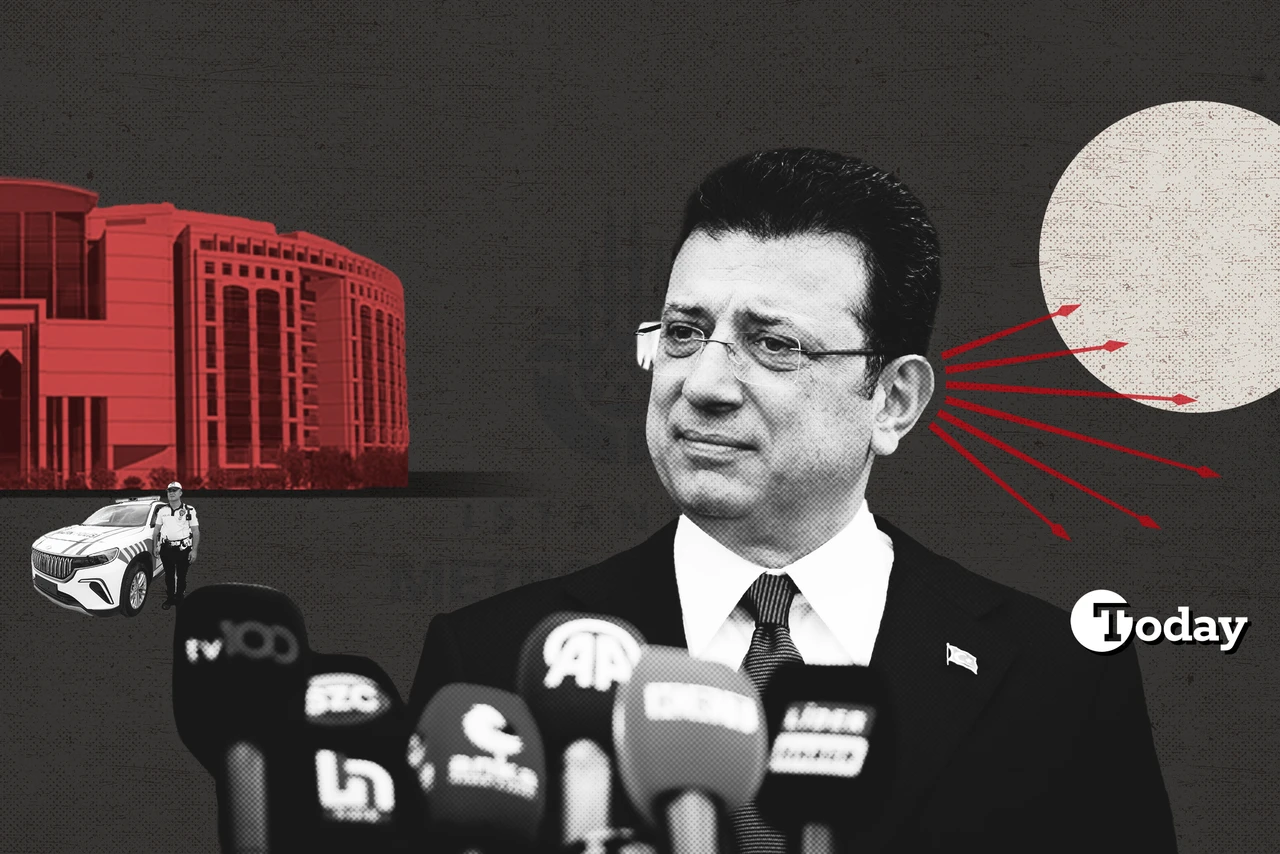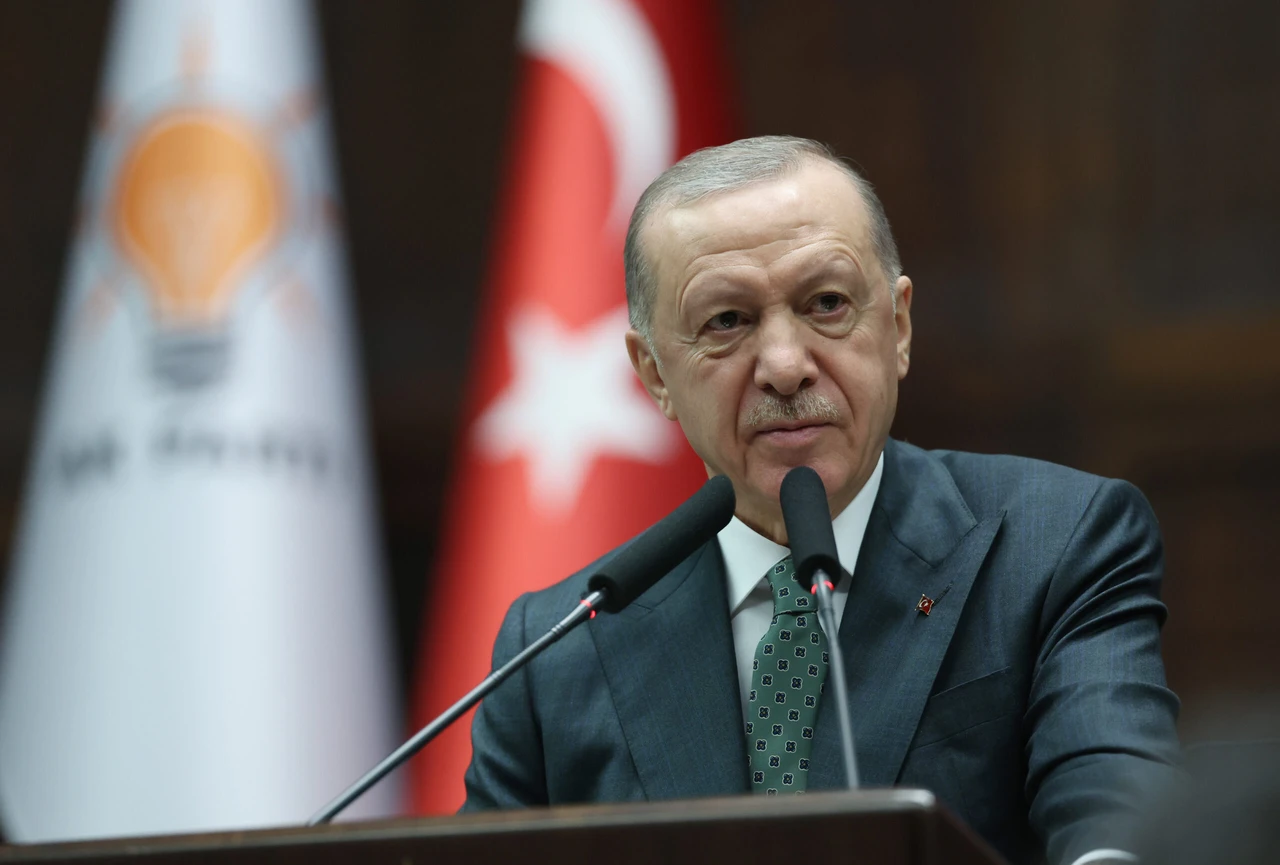Is normalization of Turkish-Greek relations permanent?
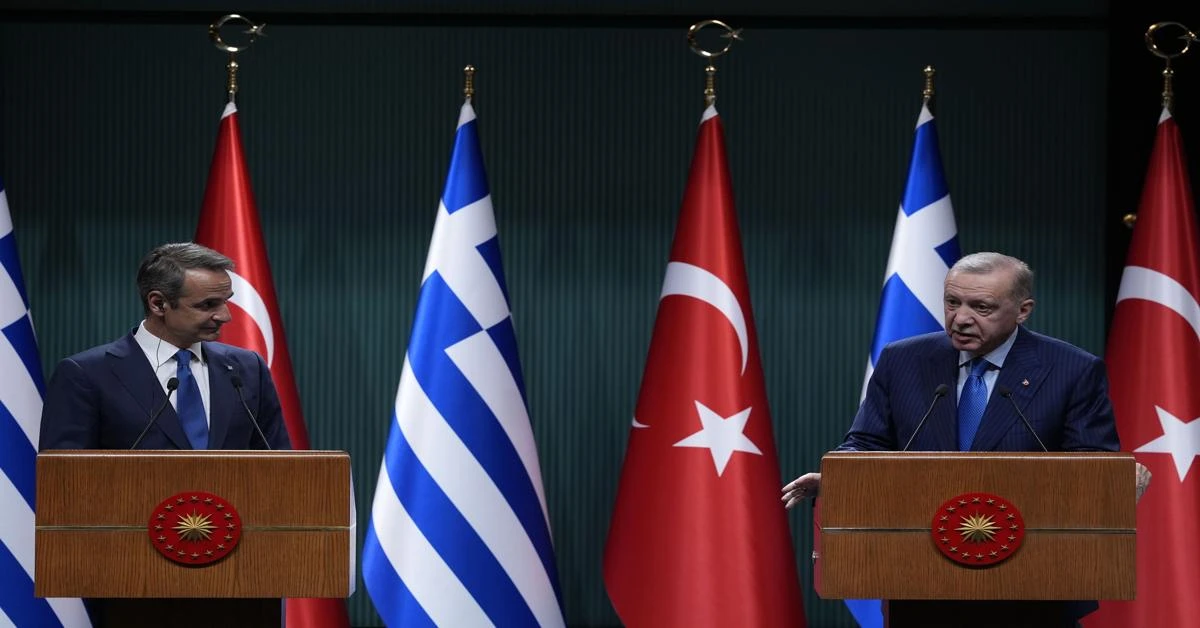
Greek Prime Minister Kyriakos Mitsotakis’ recent visit to Türkiye is a significant step forward in normalizing relations, showing signs of progress to lead to a lasting spring in diplomatic ties
Exclusive by Dr. Dogacan Basaran — Greek Prime Minister Kyriakos Mitsotakis’ visit to Türkiye on May 13 marks a significant advancement in the normalization process initiated by President Recep Tayyip Erdoğan’s visit to Athens in December. Both sides seem determined to maintain their stance of freezing crises and emphasizing areas of cooperation.
The clearest message came from President Erdogan in an interview with the Greek newspaper Kathimerini ahead of Mitsotakis’ visit.
“The goal is simple: to solve the problems and strengthen our friendship. For this, Türkiye has taken sincere and effective steps in the recent period and we intend to continue to do so.”
This warming of relations is rooted in the Athens Declaration on Friendly Relations and Good Neighborliness signed during President Erdoğan’s visit to Athens in December. As per the declaration, both sides are dedicated to resolving their disputes in accordance with international law. They will concentrate on cooperation opportunities in sectors like trade, economy, tourism, transportation, and energy.
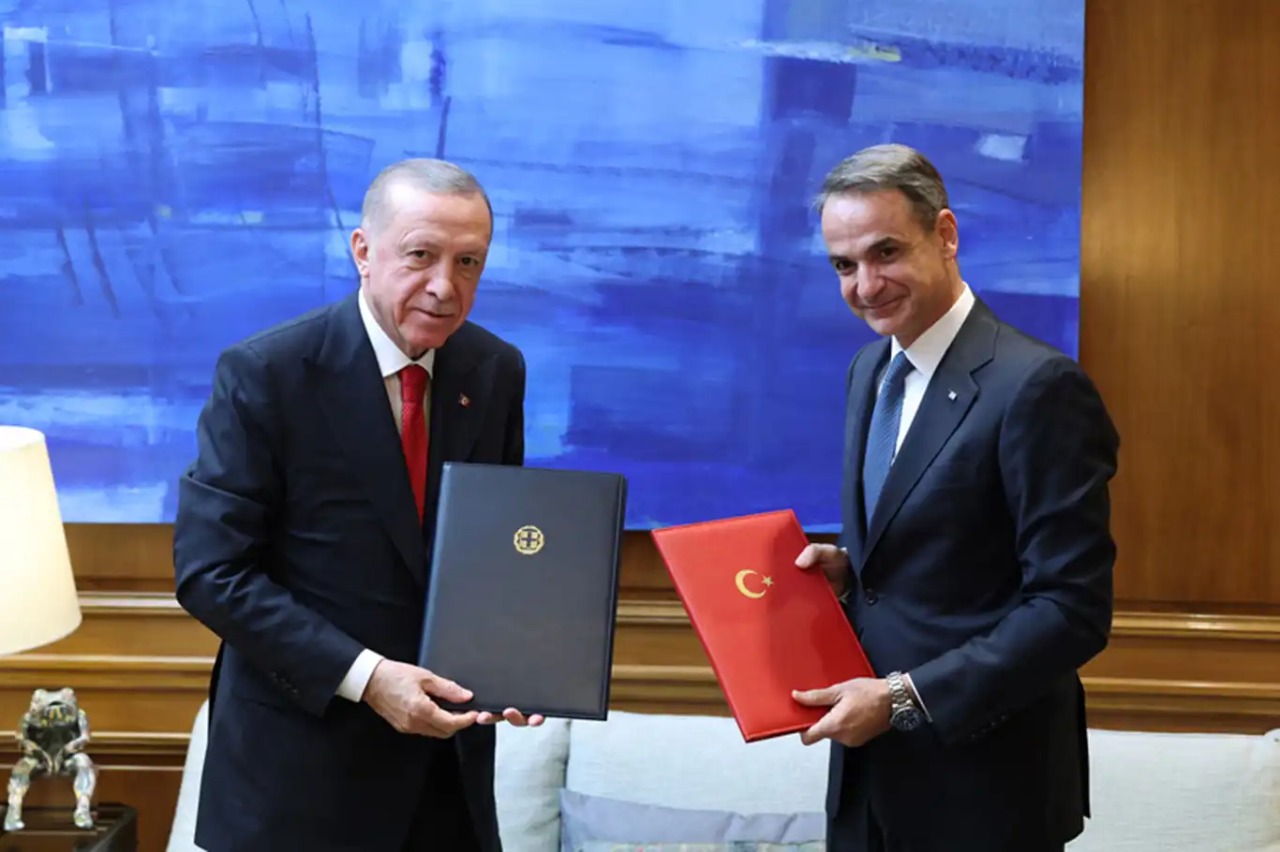
$10 billion trade volume target
The two nations plan to leverage their economic interdependence as a catalyst that injects dymanism into trade relations. In this context, the objective of elevating the trade volume from $6 billion to $10 billion holds significance for the future of relations. President Erdogan also underscored this by stating, “We have set a target of increasing our bilateral trade to 10 billion dollars.”
Greece supports Türkiye’s EU membership
It’s plausible to anticipate that the normalization process in Turkish-Greek relations could bolster Ankara’s European Union membership bid. Mitsotakis has voiced support for Türkiye’s EU membership, raising expectations for the opening of chapters Greece has previously vetoed. In line with this expectation, Mitsotakis reiterated his stance, echoing the statements he made in Athens in December, “Greece has always been a staunch supporter of Türkiye’s EU perspective.” This means a new period of normalization between Ankara and Brussels.
Cultural diplomacy
The driving force behind the normalization of relations is the cultural exchange between the Turkish and Greek peoples, who have a shared history spanning centuries. In this context, the mutual promotion of tourism and the introduction of visas at the gate for Turkish citizens visiting the Greek islands hold significant importance. The Greek leader reiterated this point during the press conference.
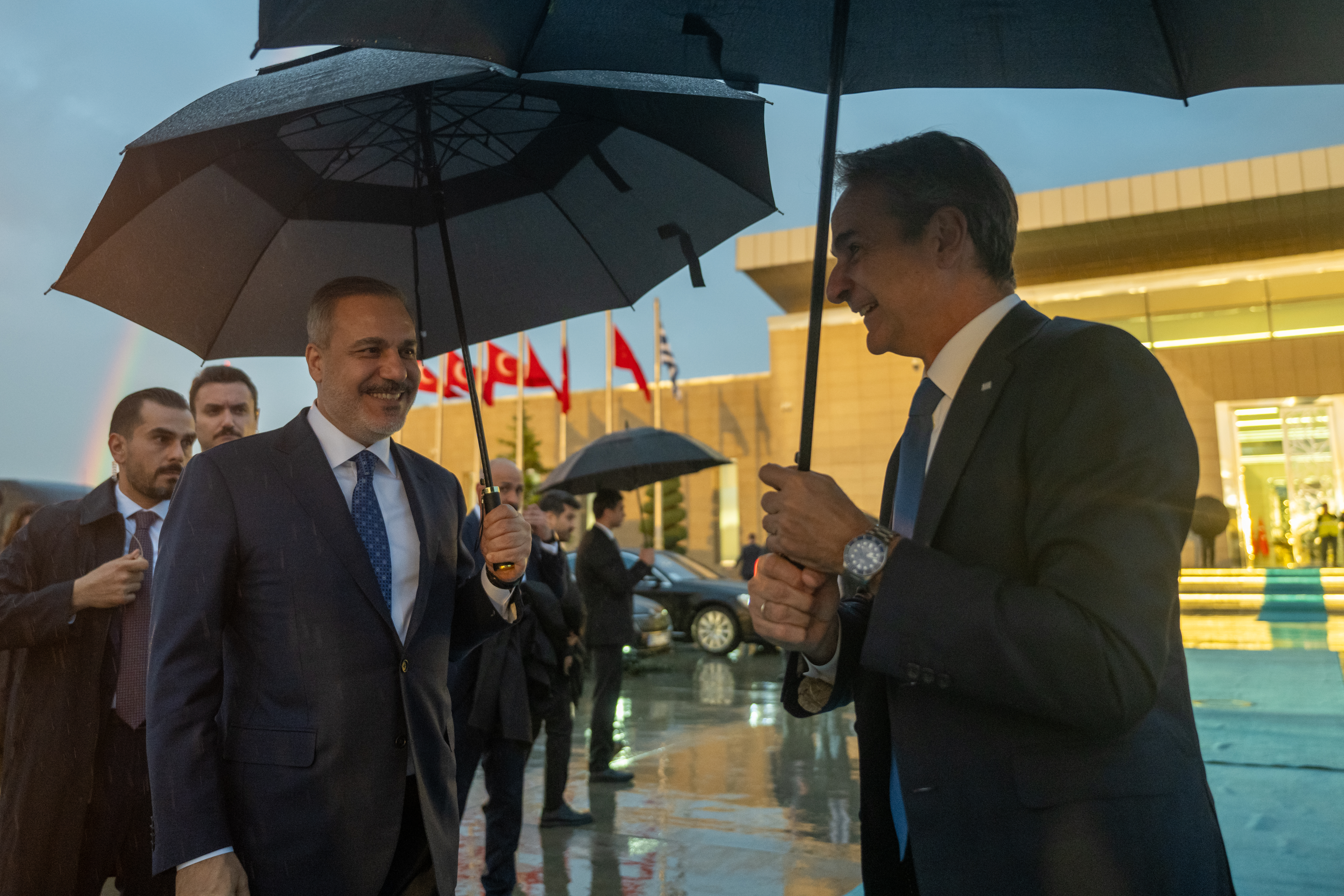
From naval diplomacy to real diplomacy
The normalization process between Ankara and Athens means transitioning from “naval diplomacy” to “real diplomacy.” Therefore, it can be said that the most important expectation of the parties regarding the process is to freeze crises and reduce tensions. The recent escalation of tensions brings the risk of a hot conflict. Above all, the parties want to prevent the crises from getting out of control. However, it should be emphasized that despite the rapprochement process, there are structural problems between the two countries. These disagreements were reflected in the leaders’ press conference.
Challenges to the normalization process
Although the constructive messages of the two leaders are extremely important, it would be overly optimistic to say that the positive atmosphere in Turkish-Greek relations is sustainable in the long term.
Indeed, it can be argued that sometimes, the most sensible approach to certain issues is to refrain from seeking a solution. For example, in the Cyprus Problem, Greece claims that the Greek Cypriot Administration of Southern Cyprus is the sole representative of the island. Türkiye, on the other hand, is quite clear about recognizing the sovereignty and independence of the Turkish Republic of Northern Cyprus (TRNC). In other words, Türkiye favors a two-state solution. This issue will inevitably bring the two countries face to face during periods of heightened tensions on the island of Cyprus.
Another problem on the Ankara-Athens line is Greece’s armament of the Aegean islands, which it controls under the condition of “demilitarization” in the Treaty of Lausanne. This threatens Türkiye’s security.
Although Ankara has adopted a constructive stance on this issue to avoid spoiling the positive atmosphere in relations, Greece’s armament of the islands is likely to cause a crisis in the medium and long term. In fact, given that Greece violated the Treaty of Lausanne and thus disrupted the status quo in Lausanne, Türkiye could legitimately claim the islands.
Moreover, Greece’s armament efforts are perceived as a potential threat to Türkiye. Greece’s moves to enhance its air force through arms deals with countries like Germany and France raise questions about the intended target of this military buildup. Additionally, Greece’s collaboration with the U.S. in allowing the buildup of military assets in Alexandroupoli, near the Turkish border, has heightened mistrust in bilateral relations.
Similar crisis area is Eastern Mediterranean
Greece, in partnership with the Greek Cypriot Administration of Southern Cyprus, is perceived to be encroaching on Türkiye’s and the TRNC’s rights concerning hydrocarbon reserves in the Eastern Mediterranean. Projects like EastMed, relying on the Seville Map, are seen as attempts to form an anti-Türkiye coalition. This situation transforms the Eastern Mediterranean from a region of cooperation to one of crisis. President Erdoğan also voiced his concerns about this matter in his statements prior to the visit, emphasizing that playing games in the Eastern Mediterranean without Türkiye’s involvement is not feasible.
Additionally, Greece’s violation of the Treaty of Lausanne by abolishing the right of Western Thrace Turks to elect their muftis and reducing the number of Turkish-language schools also deepen the disputes. President Erdogan revealed Ankara’s expectations by saying, “We expect the positive atmosphere in our relations to contribute to the fulfillment of the rights of the Turkish minority and our compatriots in Greece.” Despite Erdogan’s message, Mitsotakis’ statement that Muslims and Christians in Western Thrace live in harmony is a detail that should not be ignored.
The two countries have disagreements not only in bilateral relations but also on regional and global issues. This was demonstrated by Erdogan’s reaction to Mitsotakis’ claim that Hamas is a terrorist organization. However, both countries agree on a cease-fire in the Gaza Strip.
In conclusion, while Türkiye-Greece relations are improving with constructive steps from Erdogan and Mitsotakis, there are underlying structural issues that require resolution. Greece must take proactive measures to address these challenges.


